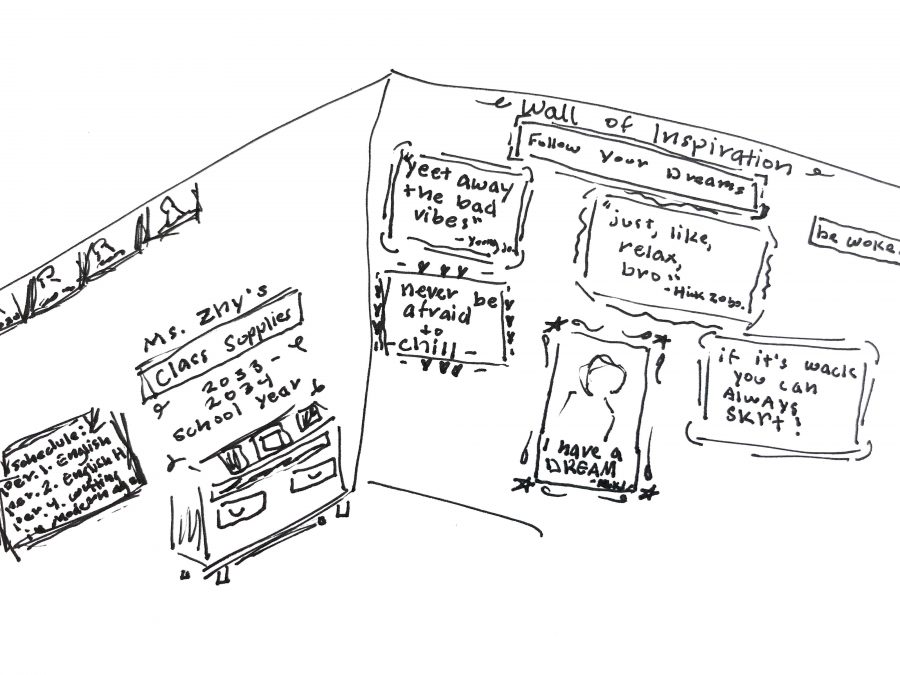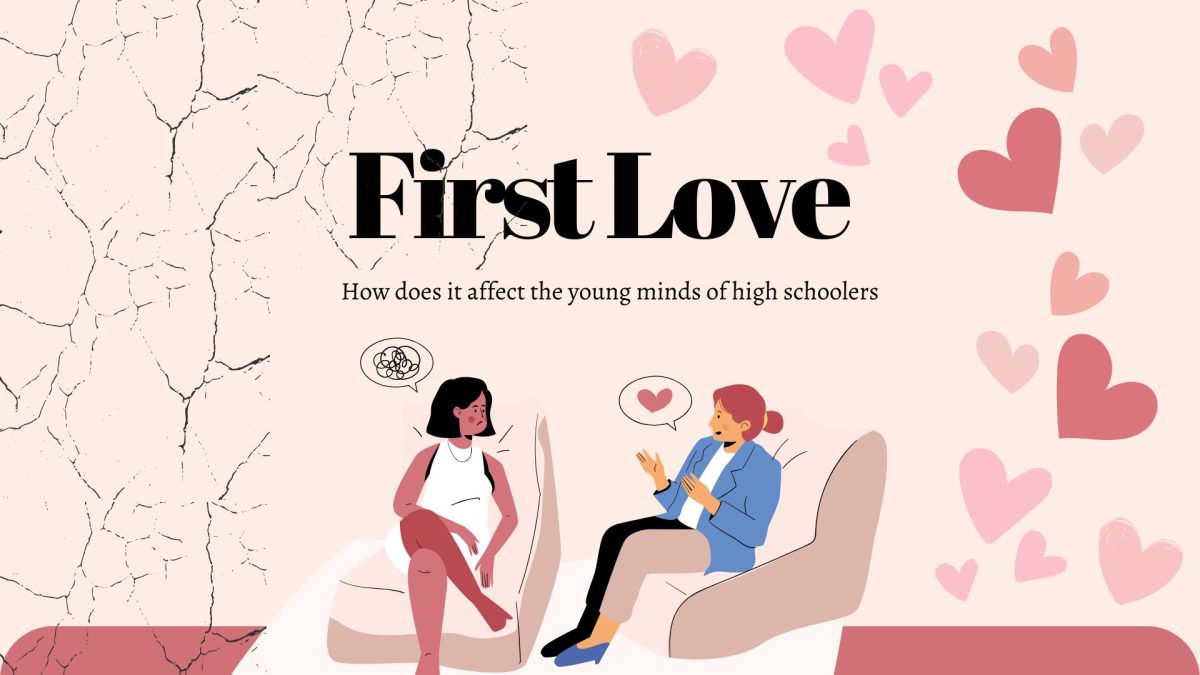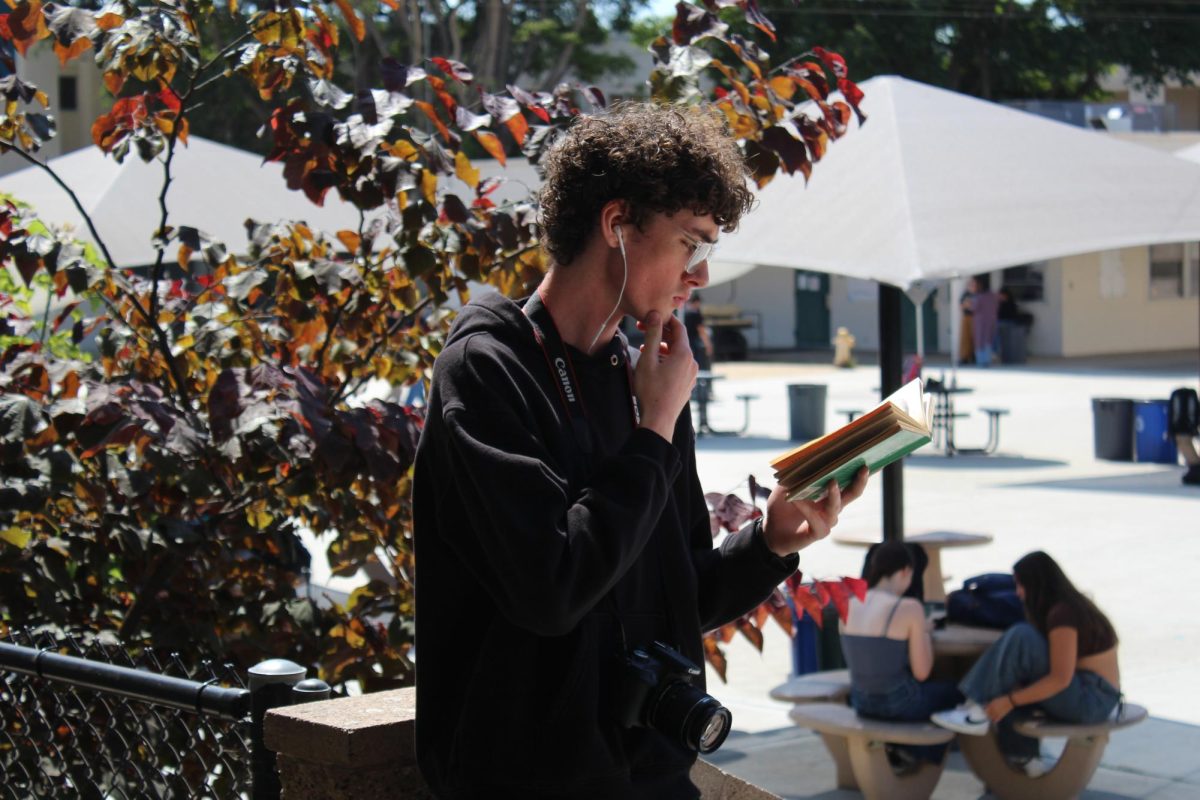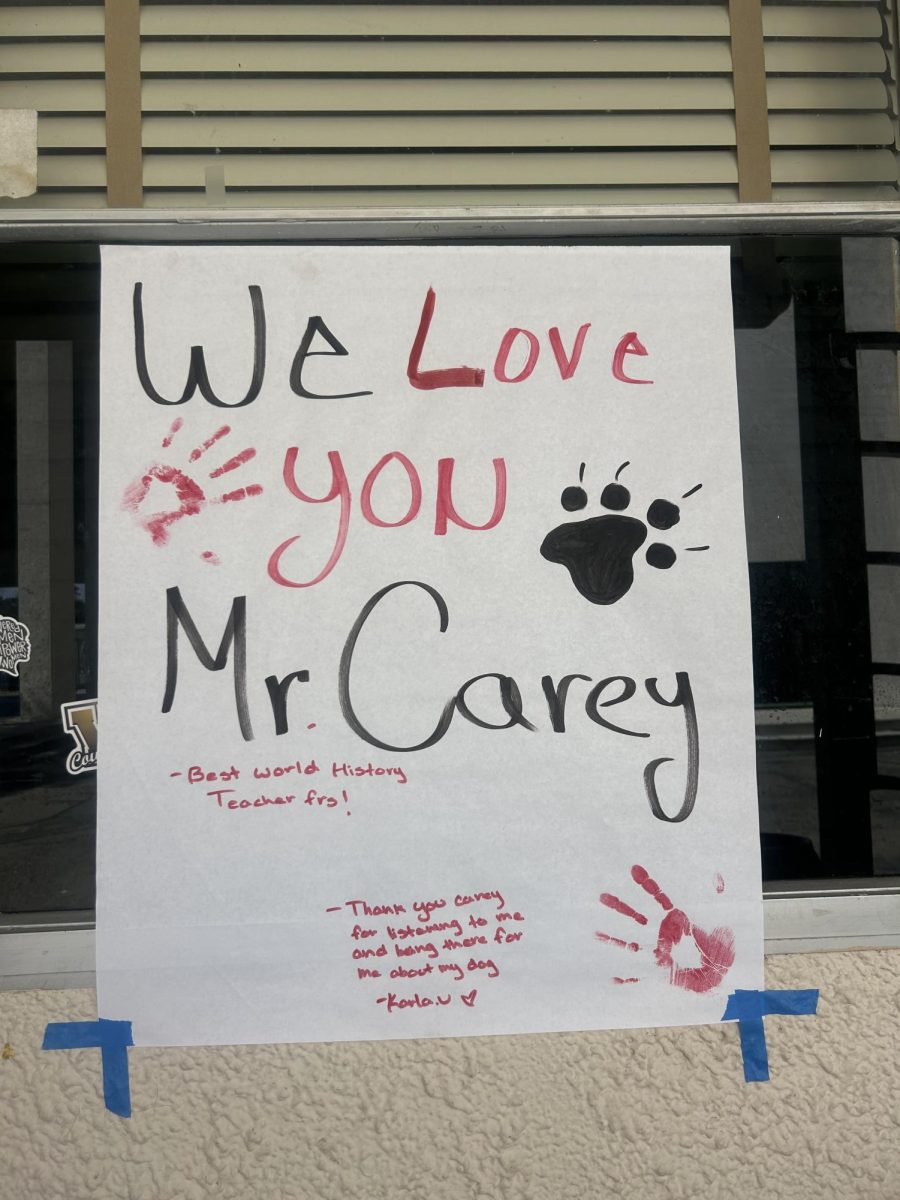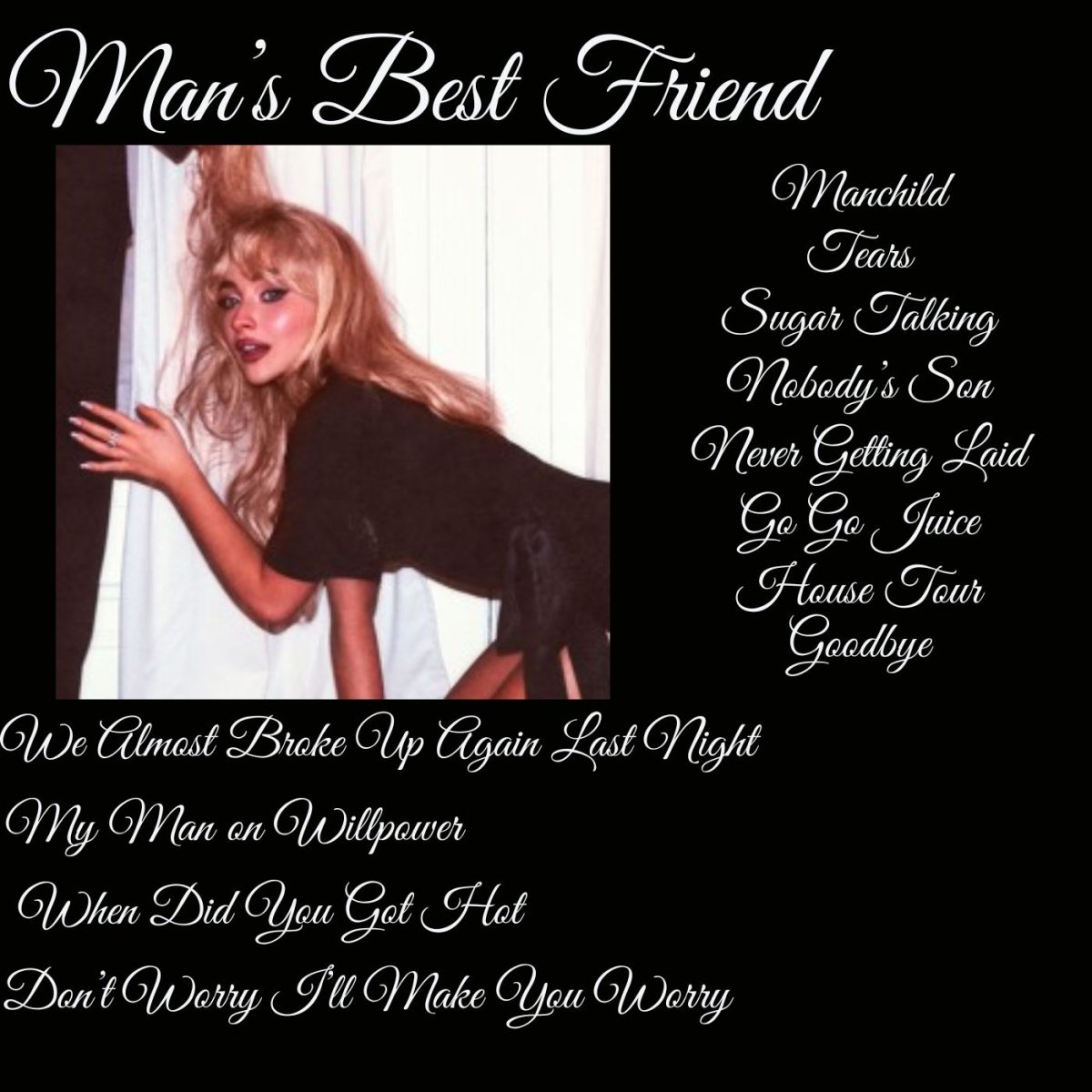English is by far one of the trickiest languages to learn, there’s no doubt about it, and to foreigners trying to keep up with the ever-changing slang of today, the daunting task probably makes them want to skrt back to their home country. Not to throw shade, but TBH, English, as pretty much everyone and their bros (and hoes) would agree, is kinda’ wack.
Now of course, there are some pretty sick words like bombastic, cacophony, and contumacious…straight fire, right? But the funny thing is, those words are rarely used by high schoolers. Teenagers opt for short phrases and acronyms like “I’m weak,” “that’s the tea,” “THOT,” “AF,” “DTF,” and the list goes on– at this point, low-key ignoring all grammar and punctuation rules. Teenagers make a point to choose lowercase letters, NEVER starting sentences with an uppercase letter or capitalizing names.
This raises the question: why do students communicate in sloppy language with their squad, but analyze books and stories for their English teachers with concise eloquence? Why is clarity important in one context but not the other?
To answer this question, we can speak to someone who doesn’t participate in what she calls “a strange variation of the English language,” junior Mia Collins. Collins grew up in Kent, England (just outside of London), where she commented the language is “proper” and “formal,” and moved to the United States at age seven. While Collins admitted that there are some popular British slang terms, she said they’re not as “lazy” as those in America.
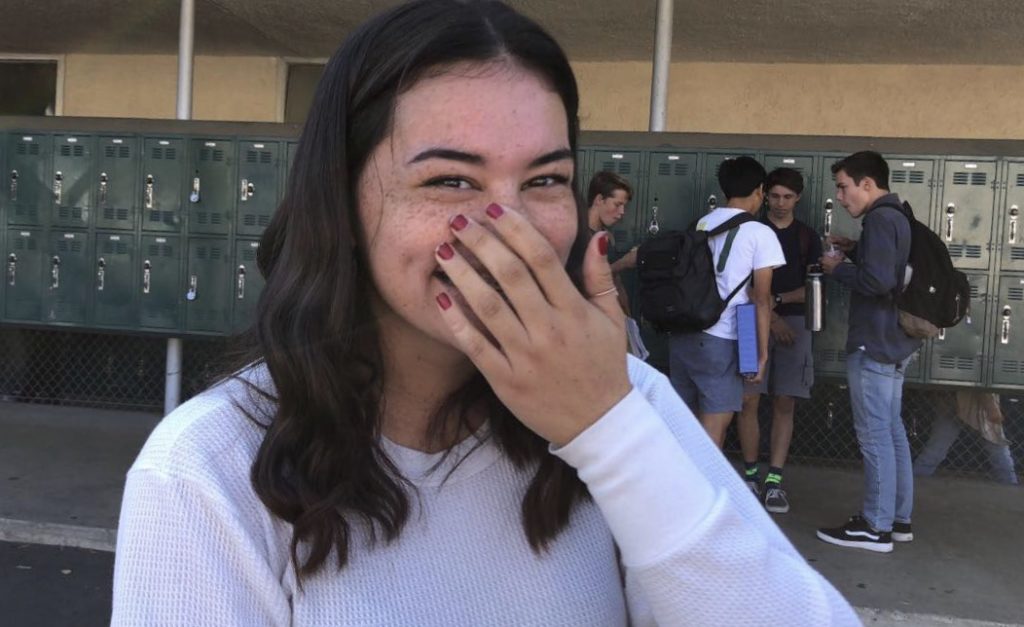
Anuhea Reed agrees with this claim. Reed comes from a Hawaiian background where her parents taught her to frown on the poor use of language. She described the way high schoolers communicate as “casual,” adding that basically, teens “need to grow up and learn how to speak to each other, and not abbreviate everything.”
Overall, communication between teenagers, in California especially, is unfortunate to say the least. Both sources would agree that the gross misuse of language needs to change, and sooner than later. This leaves the underlying questions to you: why are these slang words used in the first place? Is it because they bring a sense of social connectivity? Or because it divides groups based on their word choice? Is this something that needs to change? If so, how can it be changed?



